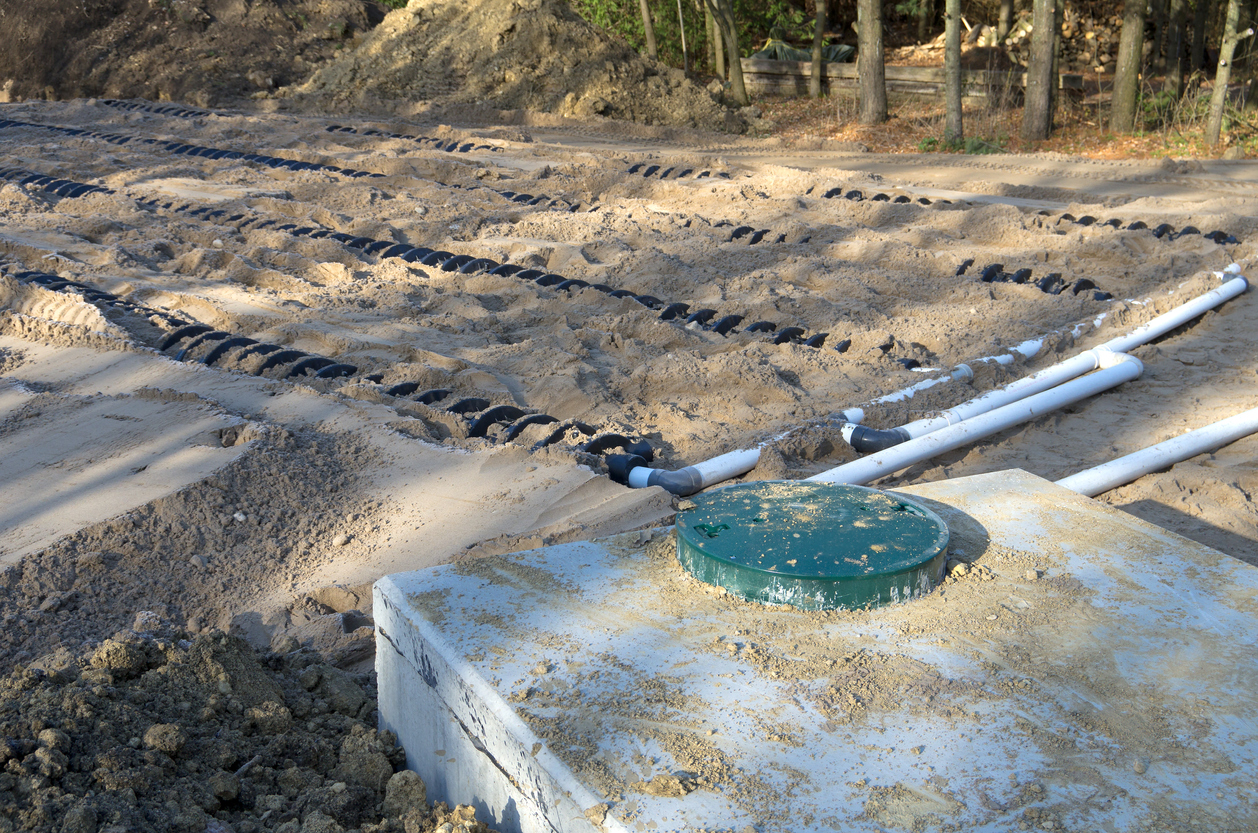
What are septic tanks, and what purpose do they serve in the sewage system that many people in the country use in daily life? According to the Environmental Protection Agency, over 60 million people in the U.S. use a septic sewage system. Septic tanks are particularly prevalent throughout the southeastern region. Despite their widespread use, many people don’t understand how they work or where the contents go.
What Are Septic Tanks
What happens to the contents of septic tanks, and more importantly, are they safe to use? There are a few essential facts that every insurance agent should know about these systems. Please find out how a septic tank works and why your clients may need an insurance policy to cover theirs.
How Septic Tanks Work
Septic tanks collect household sewage and separate it into three parts. The heaviest material, solids, will typically sink to the bottom, while effluent material will float in the middle, and scum will rise to the top. Microorganisms in the tank will facilitate the solids’ decomposition while a layer of gravel at the bottom of the drain field filters the effluent fluid. Then, the liquid slowly drips into the ground and is eventually absorbed.
When They Need to Be Emptied
It would help if you got a standard septic tank pumped every three to five years. Inspect tanks that feature electrical systems at least once a year. Septic tanks that aren’t inspected and pumped regularly risk causing a sewage backup into the user’s home. It may happen if solids are not removed and are allowed to build up over time, leading to a clog in the drain field pipe. An incident like this is a significant liability for water treatment insurance, so pumping tanks consistently is a must.
Where the Contents Go
The contents of a septic tank go on the type of system. In a standard soil-based tank system, the drain field absorbs the effluent. Likewise, a professional pumping service removes the solids. Other kinds of systems may use gravity or evaporation to discharge the wastewater. If workers remove solids via a pump, they usually dump the residue in a landfill intended to hold solid waste.
What Happens When They Malfunction
Septic tank malfunctions are a potential cause of a water treatment insurance claim. If workers pump, inspect and maintain septic systems properly, they will function. Sometimes, though, problems may arise. Drains may sometimes become clogged even if a resident has pumped the tank regularly. It, in turn, may cause toilets to flush too slowly. If homeowners notice a foul odor or standing water near the drain field, this indicates potential flooding. Though these issues cause concern, a professional plumbing service can resolve them.
About Watercolor Management
Watercolor Management has insured the water industry for over 30 years. Our policies include unlimited defense cost coverage in the event of a lawsuit against you. Call us at (855) 929-0824 or email info@watercolormanagement.com for a quick quote for your Water Business Professional, Products/Completed operations, Pollution and General Liability Insurance.




